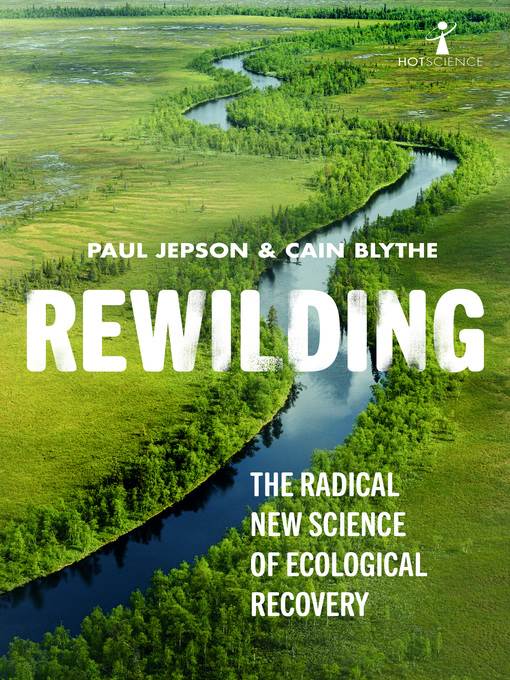
Rewilding
The Radical New Science of Ecological Recovery
کتاب های مرتبط
- اطلاعات
- نقد و بررسی
- دیدگاه کاربران
نقد و بررسی

May 25, 2020
Ecology consultants Jepson and Blythe provide an overview of the new conservation philosophy of rewilding in this straightforward and useful volume. The authors offer a brief history of the term, tracing it back to the mid-1990s, and explain the concept as one of “restoring degraded lands into thriving new natural assets” by reintroducing animal species and tapping into their ability to reshape ecosystems. To illustrate, the authors look at the reintroduction of wolves into Yellowstone National Park in 1995; the animals’ numbers rose from 66 in 1995, to over 300 by 2005. As another success story, the authors cite married couple Isabella Tree and Charles Burrell’s repurposing of his ancestral 3,500-acre estate in West Sussex, England, from farmland into a nature preserve, by knocking down fences and allowing livestock to roam wild. Jepson and Blythe look ahead, as well, concluding with 10 predictions, including that rewilding will further “move into the cultural and policy mainstream” thanks to media exposure (such as provided by Tree’s 2018 bestseller, Wilding) and that urban rewilding efforts will expand as well. In offering hope rather than pessimism for humanity’s care of the environment, Jepsen and Blythe’s well-explained primer will strike a chord with conservation-minded readers.

August 1, 2020
Rewilding is a trendy but controversial conservation philosophy that can mean different things in different ecological contexts, from re-wolving the ecosystem of Yellowstone National Park to letting cheetahs chase pronghorns in the Southwest United States. For rewilding consultants Jepson and Blythe, it represents the beginning of a paradigm shift in conservation science and practice, particularly its emphasis on megafauna and grasslands. Beginning with a discussion of the scientific theories and principles underpinning rewilding, the authors examine how it differs from other approaches to conservation as well as the difficulties in getting various stakeholders--such as the media and the public--to accept rewilding's more radical conservation agendas. While some critics see rewilding as a repackaging of established conservation ideas, the authors hope that rewilding science can help solve some of the biggest challenges facing the planet, including climate change. VERDICT Jepson and Blythe reiterate and repeat arguments in an attempt to put a positive spin on rewilding and the debate surrounding it, but conservation professionals and non-specialists with a keen interest in conservation biology should find this book to be a thought-provoking read.--Cynthia Lee Knight, formerly with Hunterdon Cty. Lib., Flemington, NJ
Copyright 2020 Library Journal, LLC Used with permission.

























دیدگاه کاربران